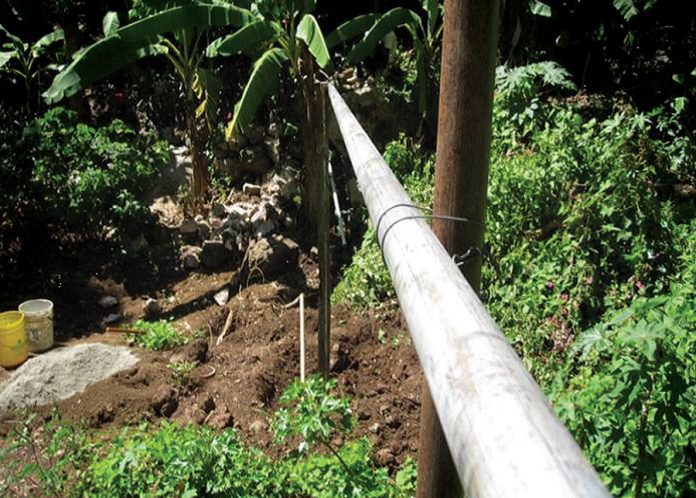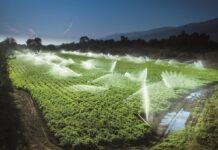
The Caribbean Development Bank (CDB) has approved a grant of US$8 million to support agricultural productivity in the North West Department of Haiti.
The grant will allow for the development of infrastructure and services to improve agricultural productivity in the identified communities. Particular focus will be placed on improving access to water for agriculture and efficient irrigation systems. Communities will be engaged at all stages of the project cycle to ensure the sustainability of interventions.
Development bank funds new irrigation systems “Proposed investments in small-scale irrigation systems, in particular, are in response to the major threat that climate variability poses to agriculture production and, by extension, Haiti’s food and nutrition security,” Warren Smith, President of the Caribbean Development Bank, told The Source. “Projections are that annual mean temperatures will rise and rainfall variability will increase. Given that an estimated 92 percent of agriculture is rain-fed, the provision of water through irrigation will be critical to the growth and sustainability of the sector. The government estimates that Haiti’s potential irrigable area is more than double the current irrigated area, and that small irrigation schemes offer one of the best options for improving agriculture performance.”
Rural Haitian communities are characterised by limited economic opportunities and poor access to infrastructure and services. The North West Department, which is the focus of this project, is the second poorest department in Haiti, and is especially vulnerable to food insecurity.
Residents of the North West Department depend almost exclusively on agriculture for their food and nutrition security. However, this is impacted by the area’s irregular rainfall patterns, and the loss of land due to deforestation and poorly adapted agriculture production systems. Further compounding the problem is considerable damage experienced from natural hazards, as well as limited access to markets because of poor roads.
“Fresh, clean water is a limited resource,” added Smith. “Hence, its sustainability and availability to future generations will depend on access and prudent use. The role of communities in its preservation is therefore, critical. In developing projects to increase access to safe water, community engagement, through meaningful and differential participation, is likely to increase ‘buy-in’ and enhance the likelihood of success.”








